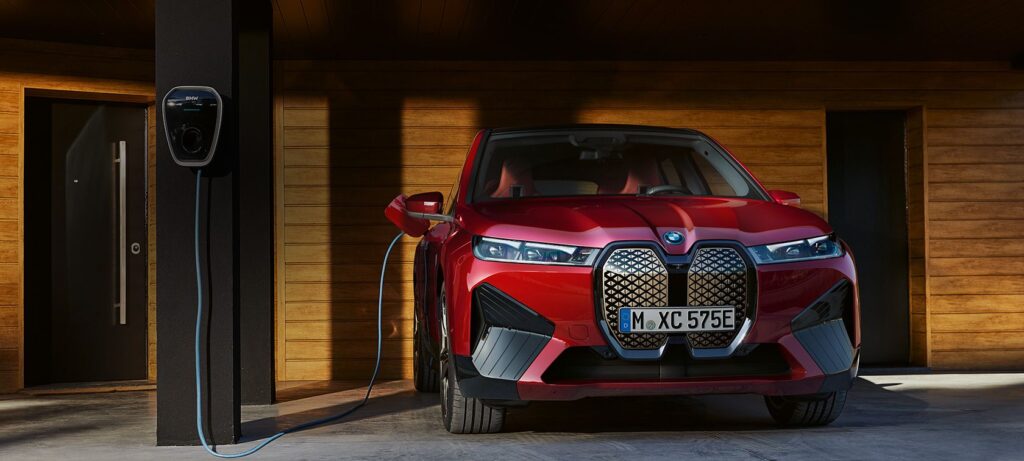BMW is one of the most well-known automakers in the world today. Their continued relevance in the market is attributed to the nature of the vehicles that they produce. Owning a BMW comes with a certain sense of pride that only a few can understand. BMW is not well recognized for producing vehicles that are affordable.
Despite the industry’s transition to an all-electric future, BMW will continue to provide affordable cars. BMW reiterated in its Q3 results report that it aims to quadruple electric car sales once more, but it is being cautious because orders are being pressured by rising costs of material as well as financing rates.
Affordability
Additionally, BMW has a number of high-profile electric vehicle releases, such as the Rolls Royce Spectre, which was just unveiled and has a starting price of around $400,000. The BMW i7, the company’s 1st electric 7 series, will debut with a starting price of over $119,000. BMW had planned to increase battery manufacturing and electric vehicle capacity in the United States with a $1.7 billion investment to capitalize on the rising demand driven by climate measures.
By the end of the decade, BMW hopes to offer an EV in every market segment, with at least 6 EV pure models. In the move to EVs, BMW will not give up on its entry-level vehicles, the company’s CEO recently told Reuters. The focus of BMW’s latest electric car initiatives has not been on price.
The BMW iX sits towards the top of the automaker’s SUV lineup, the i4 is an upgrade in price and size from the i3 that was discontinued, and the i7 is an electric version of the 7-Series models. Conversely, BMW presently produces one of the most reasonably priced EVs on the American market.
It is however important to note that it is a Mini. With a $35,075 starting price, the SE Mini Cooper is among the five least expensive EVs currently offered in the United States. Any future inexpensive EVs with the BMW nameplate will probably be built on Neue Klasse-specific EV architecture and component fixed that BMW intends to release later.
EV strategy
BMW’s current strategy involves the use of shared platforms and resources for internal combustion and electric models, like the CLAR platform which is known to support the i7 and i4 and is also going to be employed for the launching of the BMW i5 in 2023, will change as a result of this.
The BMW 3-Series, that for a long time has been the company’s best-selling model, would initially be about the size of the Neue Klasse. However, because the Gran Coupe (BMW 2-Series) is now listed after the manufacturer’s lineup in the United States, it is no longer considered an actual entry-level model.
Additionally, BMW announced that moving forward, other EVs and Neue Klasse cars would use cylindrical-shaped battery cells. The automaker anticipates range increases of up to 30% thanks to this format that has already been employed by Tesla, Rivian, and Lucid. BMW is striving for ways to produce more affordable electric cars. This will be a market changer considering the luxury status of BMW in relation to its price. This is a development that is worth waiting for.
